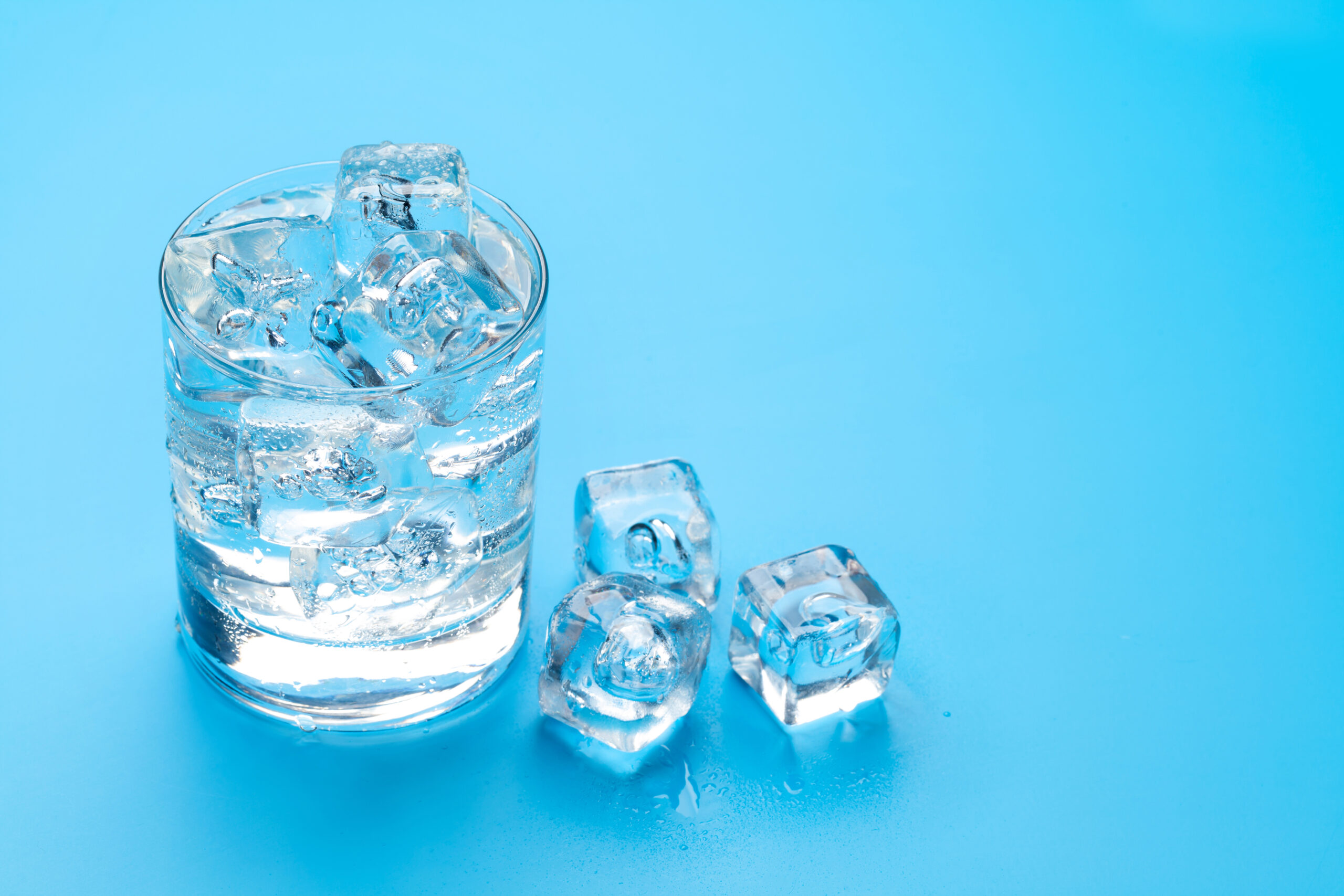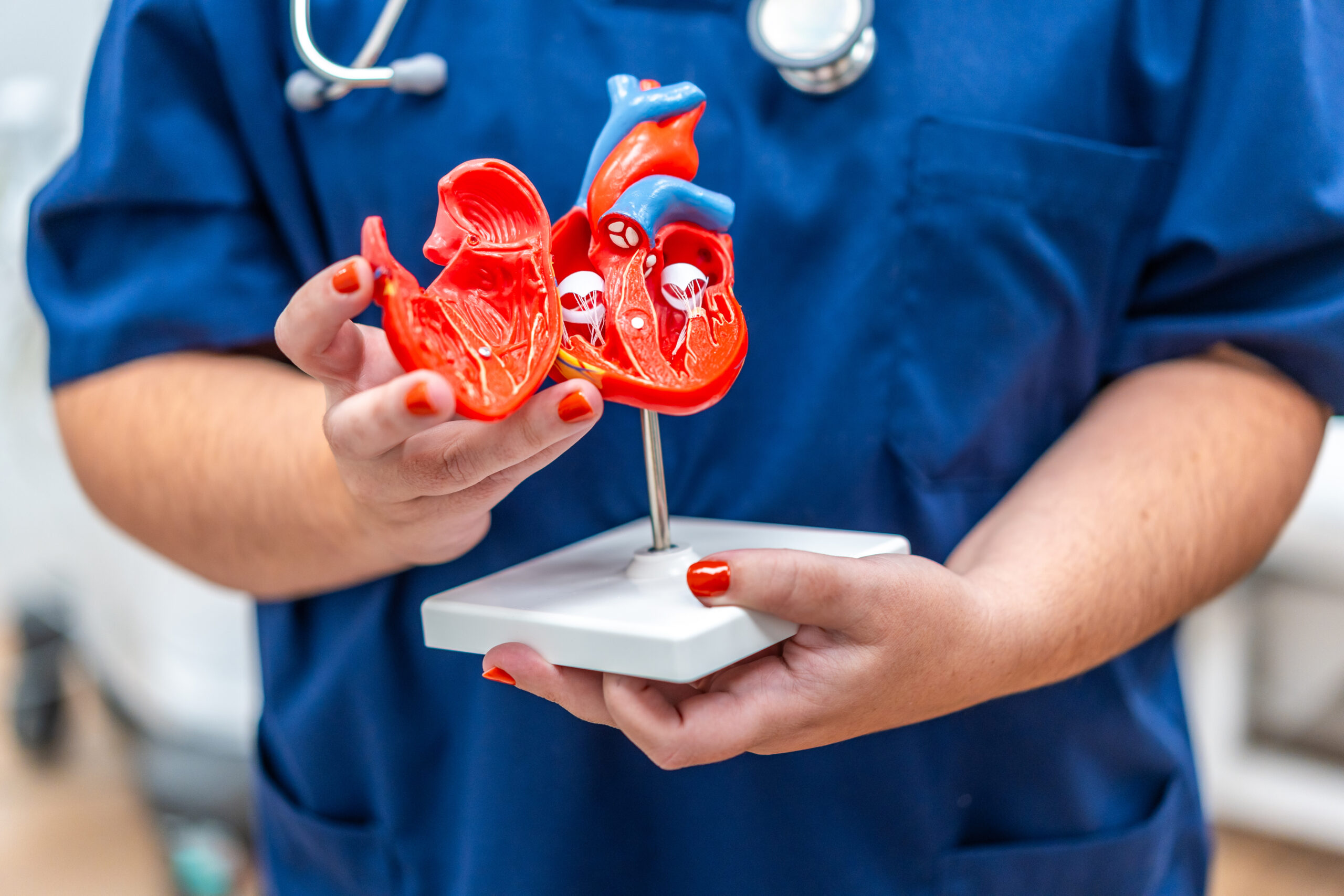
CNA – If you’re reaching for ice-cold water to cool off during a workout in sweltering weather, you might want to consider the story of one American who repeatedly fainted after doing the same.
An ABC News report in February highlighted the unusual case of Franklin Aribeana, a bodybuilder and fitness coach from Texas in his 30s, who experienced sudden fainting episodes for over 15 years without knowing why.
Since he was 18, Aribeana was hospitalised over 20 times after passing out, without realising that ice-cold water might be triggering his heart condition, atrial fibrillation.
This unexpected cause of his fainting spells could be a critical piece of information for others who drink cold water to cool down.
He finally did one day while in the gym. He took a swig of ice-cold water and felt the telltale sign in his chest. “As I’m settling back down, I feel the double thud,” Aribeana said. Tests revealed that the bodybuilder has atrial fibrillation or Afib, a condition that causes his heart to beat out of rhythm.
But why does cold water trigger Afib? And could you have the same condition without knowing? We ask the experts.

WHAT IS ATRIAL FIBRILLATION OR AFIB?
Afib is the most common and clinically significant heart rhythm disorder, said Assistant Professor Lim Toon Wei, a senior consultant with the Department of Cardiology at National University Heart Centre, Singapore (NUHCS).
“It is characterised by rapid, chaotic electrical activity in the atria or the upper chambers of the heart. This results in an irregular heartbeat that also affects the efficiency of the pumping action of the heart. The most common symptoms are palpitations, breathlessness, fatigue or feeling lightheaded,” said Asst Prof Lim. He added that around 0.5 per cent to 1 per cent of adults in Singapore have Afib.
Having a heart that pumps out of sync from time to time isn’t good news at all. “Of concern, Afib patients have a 500 per cent increased risk of stroke and at least 300 per cent increased risk of heart failure,” said cardiologist Dr Pipin Kojodjojo from Mount Elizabeth Hospital. “Surprisingly, only 50 per cent of Afib patients experience symptoms, while the remaining half have silent Afib but remain at the same risk of stroke and heart failure.”
The risk of stroke and heart failure is even higher if you have abnormal heart valves, said Asst Prof Lim. “This is caused by clots forming within the heart due to the impaired pumping action of the atria. If these clots dislodge and travel to the brain, it can block an artery there and cause a stroke.”
He explained that “should the clot travel to other parts of the body, it can also cause complications like heart attacks, kidney failure, or damage to other parts of body by cutting off the blood supply”.

WHAT CAUSES AFIB? WHAT ELSE MIGHT TRIGGER AFIB OTHER THAN COLD WATER?
Commonly, Afib risk is “heightened in individuals who are overweight, have diabetes, high blood pressure, snore loudly during sleep, smoke chronically, or have undergone prior heart surgery”, said Dr Kojodjojo.
Age is another factor. “Afib becomes more prevalent with age, doubling in risk with each decade of life,” he said. Asst Prof Lim agreed: “In middle-aged people, around one in 1,000 will have Afib. This increases to around one in 10 for those over 80”.
What about Aribeana’s case? Doctors discovered that his vagus nerves were triggered by extreme temperatures such as cold water passing through his throat. Vagus nerves come in a pair and are the longest nerves that run from the brain to your large intestine (“vagus” is the Latin word for wandering). Along the way, these nerves pass through or connect with your neck, chest, heart and lungs.
The American bodybuilder isn’t alone. “It has been described by a few of my patients that they can develop an episode of Afib after eating ice cream or ice kacang,” said Dr Kojodjojo, adding that an excessive intake of alcohol or caffeine has also been observed to be a link in some patients. “However, this reaction is not consistent every time.”
And it needn’t be cold beverages either. “Any stimulus that irritates the vagus nerves can induce heart rhythm disorders,” said Asst Prof Lim. “The most common trigger I encounter in our patients would be over-indulging in a rich meal,” he said. “One of my patients, for instance, had to give up eating French food because that, together with a few glasses of wine, always brought on Afib later that evening. Patients often figure this out themselves and assiduously avoid overeating.”
Then, there are some who, regardless of what they do, “experience Afib in the late evening or early morning because the vagal nervous system is the most active at this time as part of the diurnal cycle of our bodily functions”, said Asst Prof Lim.
But not all patients have identifiable triggers, said Dr Kojodjojo. “The Afib attacks can occur randomly, which creates a lot of anxiety for patients. They often describe the uncertainty as a ticking time bomb that can go off anytime.”
If you’re concerned about cold water triggering abnormal heart rhythms, “anecdotally, this is likely to be very rare”, according to Assistant Professor Yeo Tee Joo, a senior consultant with NUHCS’s Department of Cardiology and Associate Professor Jason Lee from Yong Loo Lin School of Medicine’s Heat Resilience and Performance Centre.
WHAT ARE THE LIKELY TREATMENTS FOR AFIB?
If you do get sent to the emergency department with a very fast or unstable heart rate caused by Afib, the paramount thing to do is to quickly control the heart rate with drugs, said Asst Prof Lim.
Less commonly used are electric shocks or electrical cardioversion to bring back the runaway heart rate, he said, although it is “sometimes done for selected patients with longstanding Afib to restore normal rhythm”. “However, its effect is short lived and most patients will go back into Afib within weeks to months.”
A more lasting heart rhythm control is ablation therapy, said Asst Prof Lim, which was what the news report said Aribeana had. Ablation is used when patients do not respond well to drugs, said Asst Prof Lim, “which is now a very common procedure in Singapore”.
The other concern is to reduce the risk of stroke through the use of blood thinners or anticoagulants, said Asst Prof Lim. “The best choice for most patients would be the newer non-vitamin K antagonist oral anticoagulants (NOAC), which are much easier to dose than the older drugs like warfarin and do not require frequent blood tests or strict dietary restrictions.”
He noted that while aspirin or clopidogrel are often prescribed, they are “not considered effective for stroke prevention in Afib patients and not recommended by treatment guidelines”.
WHAT IS ABLATION?
Traditionally, ablation has been done with radiofrequency waves, said Asst Prof Lim, but newer technologies such as pulsed field ablation are now available that use different forms of energy.
To deliver the radiofrequency waves to the site to destroy the designated cells, “thin wires are threaded from the leg veins to the heart while the patient is under sedation”, said Dr Kojodjojo.
“The success rate of ablation is affected by how long the patient has had Afib,” he continued. “The earlier ablation is performed after diagnosis, the higher the success rates, which can be as high as 90 per cent. As this is a minimally invasive procedure that leaves no scarring, patients can typically be discharged the same day or the following morning”.
While we’re not certain what form of ablation Aribeana underwent, his doctor apparently severed the connection between his vagus nerves and heart, according to the news report. He remains on medication but has had no hospital stays since.
Interestingly, stimulating the vagus nerves the right way could become a form of treatment for Afib patients, said Dr Kojodjojo, citing a study that looked at the experimental use of electrical impulses delivered through an ear clip. “In fact, vagal stimulation is being studied for the treatment of many different conditions such as epilepsy, depression, migraine, headaches, tinnitus and even heart failure,” he said.
“Overall, I would say that the effect of vagal stimulation can vary from one patient to another. Vagal stimulation causing Afib is less common compared to its beneficial effects managing Afib,” said Dr Kojodjojo.
HOW DO I KNOW IF I HAVE AFIB? ARE THERE TESTS I CAN GO FOR?
According to Dr Kojodjojo, “up to 50 per cent of individuals with Afib experience no symptoms and Afib is often paroxysmal, meaning it occurs intermittently”. In other words, it is common for Afib to be undiagnosed. “Sadly, many of these undiagnosed cases result in individuals presenting to hospitals with severe strokes as their first indication of AFib.”
You can protect yourself by going for regular check-ups, particularly if you belong to at-risk populations such as older individuals, smokers and snorers, and those with diabetes, high blood pressure or are overweight, advised Dr Kojodjojo.
“It is also a useful life skill to learn to feel one’s own pulse and recognise irregularities, which may indicate a sign of Afib,” he said, which you can find out more here.
Added Asst Prof Lim, “you can also rely on the many home blood pressure machines and smart watches that can detect an irregular heart-rate. They don’t diagnose Afib but can indicate that you should see your doctor to have an ECG done”.
Understanding your personal risk factors and health triggers, and seeking medical advice about concerns regarding your heart condition can help manage and prevent any possible complications related to Afib, said Asst Prof Yeo and Assoc Prof Lee. – Khoo Bee Khim







